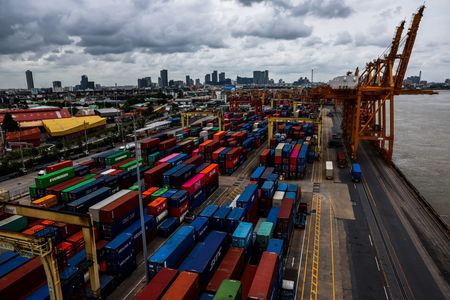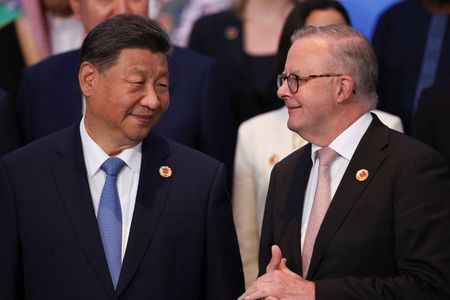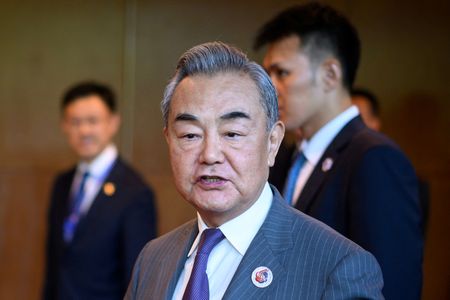TOKYO (Reuters) – Japan’s Sekisui Chemical said on Thursday that it plans to begin mass production of next-generation perovskite solar cells (PSCs) in 2027.
PSCs, which are thin and bendable, are considered by scientists to be a potential low-cost alternative to silicon cells, as they have the potential to reduce the amount of space required for panels that generate power from the sun’s rays.
Sekisui, in partnership with the Development Bank of Japan (DBJ), will establish a new company in early January to design, manufacture, and sell PSCs under a license from Sekisui Chemical.
The total project cost is expected to exceed 310 billion yen ($1.97 billion), with half of the funding provided through government subsidies.
Sekisui plans to implement a phased investment strategy, beginning with 90 billion yen spending to build a 100-megawatt production line by 2027, followed by a gigawatt-class production line by 2030.
“Leveraging its lightweight and flexible characteristics, we aim to promote its adoption primarily in the public sector, such as gymnasiums that serve as evacuation centers during disasters,” the company said.
“We plan to expand our business by reducing costs through mass production while driving demand by targeting roofs and exterior walls of private-sector factories and warehouses,” it added.
The new company, to be 86% owned by Sekisui Chemical, will buy and use facilities at the Sharp’s plant in Sakai in western Japan.
Japan finalised a draft basic energy policy on Wednesday, which aims to boost renewable energy to account for up to 50% of electricity mix by fiscal 2040 as it makes a clean energy push while meeting rising power demand.
($1 = 157.4400 yen)
(Reporting by Yuka Obayashi; Editing by Alexandra Hudson)








